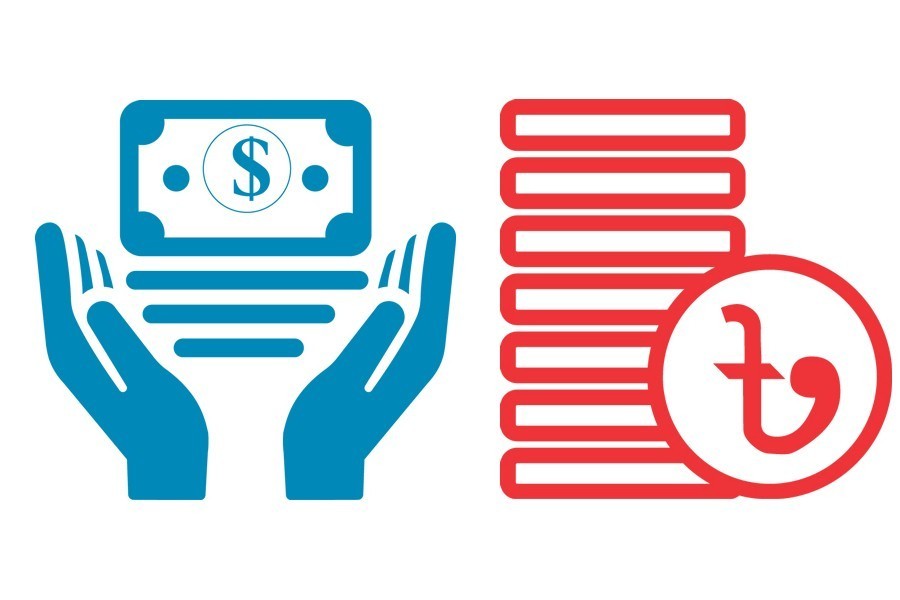Fixing import-export value of goods
NBR plans to launch real-time currency exchange rates

Published :
Updated :

Customs authority has moved to introduce real-time currency exchange rates for determination of import-export value of goods for customs assessment following the global practice in this regard.
Currently, the National Board of Revenue (NBR) Customs Wing determines value of import-export goods on the basis of monthly average value of foreign currencies.
The wing has recently taken the move in a bid to remove the difference of conversation rates between foreign currencies and Bangladesh Taka in customs valuation.
The Customs Wing imposes duties and taxes on the value of import and export goods after its assessment. Many countries are following the real time exchange rates for determination of that value.
A committee has been formed in this regard on February 05, comprising officials of customs and IT wings of the NBR. The committee has been asked to submit its report by February 29.
Officials said the newly-formed committee will prepare the Standard Operating Procedure (SOP) to upload the Bangladesh Bank's daily exchange rate on the NBR's automated Asycuda World system.
The committee will explore ways for introducing the real time currency exchange rates, indentifying problems in its implementation.
A senior customs official said the move has been taken following proposals of the Federation of Bangladesh Chambers of Commerce and Industry (FBCCI).
He also said currently customs authority publishes a chart of exchange rates against taka on the first day of each month.
The authority determines the value by averaging the rates of those particular currencies during the thirty days preceding the last working day of third week of the previous month.
Customs officials conduct valuation of import and export goods on the basis of that rate determined for the month.
"Connectivity with all customs houses and land customs stations will be needed, as all the houses follow the same currency exchange rates for their assessment."
It will be difficult for the customs houses in remote areas to follow real time exchange rate, he added.
Chittagong Customs House (CCH) computes the monthly average value on behalf of the NBR as per the Customs Act 1969.
The BB publishes daily exchange rates of major currencies based on previous day's weighted average exchange rates of scheduled banks.
Customs officials said monthly average currency exchange rate often makes difference between actual exchange rates and fixed rates.
They, however, opined that the difference is not that much big, and revenue loss due to variation of currency rates is insignificant.
Neither the importer-exporters nor the NBR will be benefitted to a great extent from introducing the real-time currency rates, they added.
The proposed Customs Act 2019, placed before the parliament in last September, has a provision of real-time exchange rate in line with global standard.
Talking to the FE, chairman of the Policy Research Institute (PRI) Dr Zaidi Sattar said real-time exchange rate should be the modern practice in customs valuation of import-export products.
He further said other developed countries also follow the method for customs valuation.
"We expect that the currency rate will depreciate gradually. It will help to increase revenue collection, if real time currency rate is introduced," he added.


 For all latest news, follow The Financial Express Google News channel.
For all latest news, follow The Financial Express Google News channel.